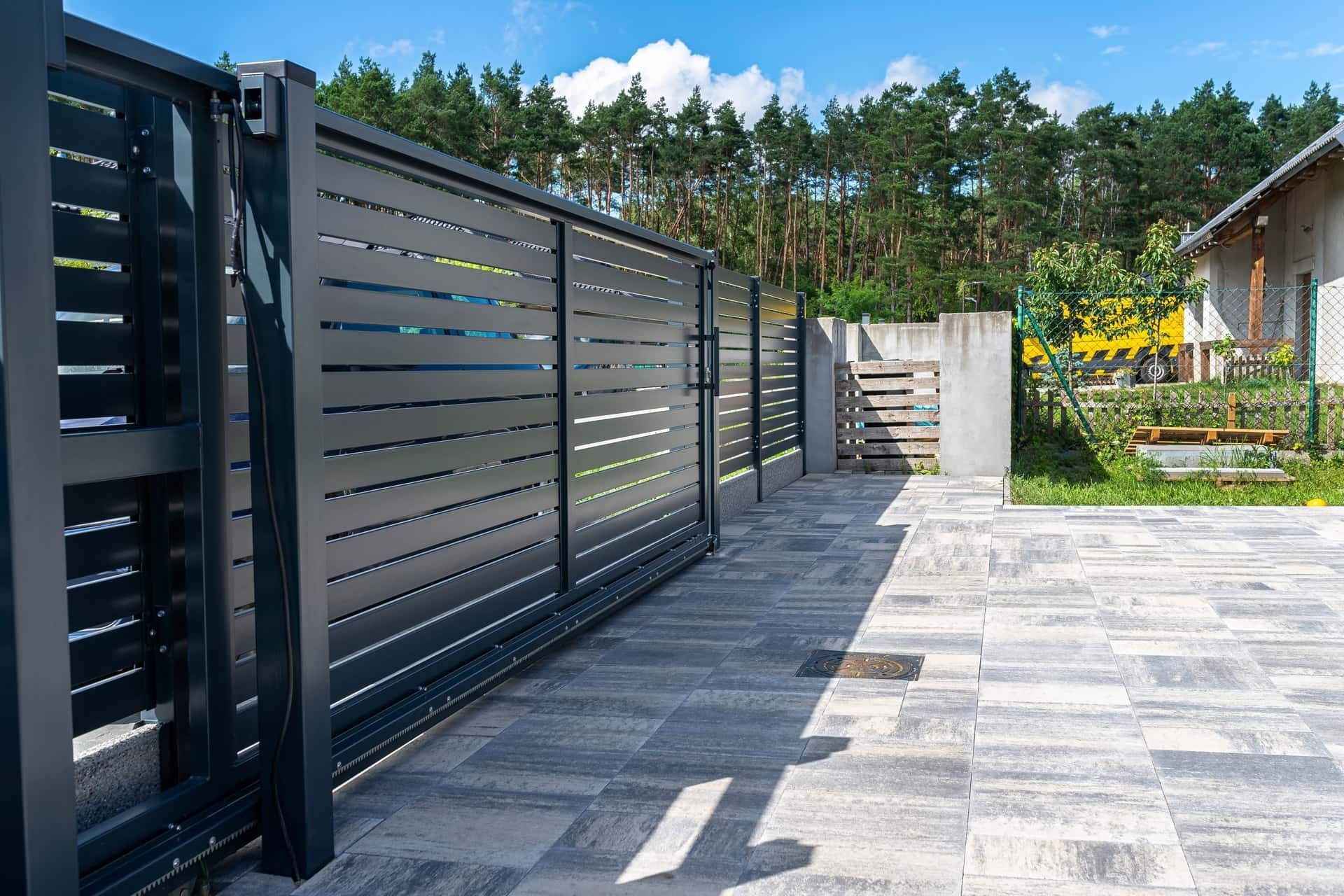Get in touch
Phone: +971-2632-5407
Email: sales@amjtechsolutions.com
Address: Tamouh Tower - Building 12, Floor 31, Office 3102 - Al Reem Island - Tamouh - Abu Dhabi - United Arab Emirates
PBX vs. VoIP: Choosing the Right Business Phone System
A reliable phone system is essential for any business, whether connecting with customers, collaborating with employees, or managing day-to-day operations. Choosing the right phone system can improve efficiency and help you stay ahead.
However, with different options like PBX and VoIP, knowing which is best for your business needs can take time. The AMJ article compares PBX and VoIP systems in Dubai and Abu Dhabi, UAE based on cost, features, scalability, reliability, and security.
What Is PBX?
PBX, or Private Branch Exchange, is a traditional business phone system that routes and manages calls within an organization.
PBX systems use physical phone lines that connect through a private network. Here are some things to know about PBX:
- Physical Infrastructure: PBX systems rely on physical phone lines and hardware installed on-site.
- Internal Call Routing: They make connecting different departments and extensions easy within the business.
- Reliable and Secure: PBX systems are known for their security and stability, as they are not internet-dependent.
What Is VoIP?
VoIP, or Voice over Internet Protocol, is a newer phone system that uses the Internet to make and receive calls. Instead of physical lines, VoIP relies on a high-speed internet connection to connect callers. Critical features of VoIP include:
- Internet-Based: VoIP uses the internet instead of traditional phone lines.
- Flexibility: Users can make calls from any device with an internet connection, like a smartphone or laptop.
- Scalability: VoIP makes adding or removing users easy as your business grows or changes.
How Do PBX and VoIP Systems Work?
PBX works by connecting callers through a dedicated phone line. Calls are routed through hardware installed at the business location. This traditional setup usually does not rely on the internet, making it dependable but sometimes limiting.
VoIP works by converting voice signals into digital data that travels over the Internet. This data is then converted back to sound on the receiving end. VoIP's reliance on the Internet makes it versatile, but its quality depends on having a stable Internet connection.
What Are the Pros and Cons of PBX?
Pros:
- Reliability: PBX systems don't rely on the internet, so call quality and connection are stable.
- Security: PBX systems have fewer cybersecurity concerns because it's a private network.
Cons:
- Higher Setup Costs: PBX systems require physical hardware and setup, which can be costly.
- Limited Mobility: PBX is generally location-bound, so users can only easily make or receive calls within the office.
- Maintenance: Any issues with the PBX hardware may require on-site maintenance, adding to costs and downtime.
What Are the Pros and Cons of VoIP?
Pros:
- Cost-Effective: VoIP systems typically have lower setup costs since they don't need physical phone lines.
- Flexible and Mobile: Employees can make and receive calls from any internet-enabled device, making remote work more accessible.
- Easy to Scale: Adding or removing lines is simple, allowing you to adjust as your business changes.
Cons:
- Internet-Dependent: VoIP relies on a solid internet connection, so connectivity issues can affect call quality.
- Security Risks: As an internet-based system, VoIP may be more vulnerable to cybersecurity threats.
- Sound Quality: Sound quality may fluctuate during calls depending on your internet speed.
Which Is More Cost-Effective for Small Businesses?
For small businesses, VoIP is often the more cost-effective option. It doesn't require extensive hardware, which lowers initial costs. Additionally, VoIP services usually offer affordable monthly plans that fit the budgets of smaller organizations. On the other hand, PBX systems can be costly to set up due to the hardware needed. Businesses that don't require extensive cabling infrastructure may find VoIP more practical.
VoIP phones are revolutionizing telecommunications, providing flexibility and scalability that traditional systems often lack.
Is PBX or VoIP Better for Scalability?
VoIP is generally the better choice for scalability. If you're planning to expand or adjust your workforce often, VoIP makes adding or removing lines as needed easy. PBX systems, however, may require additional hardware or technical upgrades to handle more lines, making them less flexible for growing businesses.
Which Offers Better Call Quality?
VoIP can deliver excellent call quality if your business location has reliable internet. However, PBX might be more dependable in areas with weaker internet connections. Since PBX systems aren't dependent on the internet, they usually offer stable sound quality regardless of location.
Is Security a Concern with VoIP?
Because VoIP operates over the internet, it can be more vulnerable to cyber threats like hacking and data breaches. Businesses using VoIP should ensure they have robust cybersecurity measures in place. PBX systems, meanwhile, have fewer internet-based risks, making them a safer choice if security is a top concern.
Which System Is Better for Remote Work?
VoIP is better suited for remote work because it allows employees to make calls from any device with internet access. With remote work becoming more common, VoIP's flexibility is a significant advantage. PBX, by contrast, is more limited since it usually requires users to be at the physical office to make or receive calls.
How to Decide Between PBX and VoIP?
To choose the best system for your business, consider these questions:
- How important is the cost to your business? VoIP usually has lower costs and can be budget-friendly, especially for startups and small businesses.
- Do you need flexibility and mobility? VoIP is likely the best option if remote work is shared with your team.
- Is scalability a concern? For businesses planning to grow or adjust their teams, VoIP offers more effortless scalability.
- How stable is your internet connection? PBX might be better if your business needs a reliable high-speed internet connection.
- Is security a priority? PBX is less vulnerable to cyber threats, making it a good choice if security is crucial.
Conclusion
PBX and VoIP have their strengths and are suited for different business needs. VoIP is an excellent option if your business prioritizes cost savings, flexibility, and scalability. But if you need a highly secure and stable system without internet dependence, PBX might be the better choice.
Ready to choose the right phone system for your business? Contact us at
AMJ Tech Solutions to find the perfect fit!
Disclaimer: The information on this website and blog is for general informational purposes only and is not professional advice. We make no guarantees of accuracy or completeness. We disclaim all liability for errors, omissions, or reliance on this content. Always consult a qualified professional for specific guidance.
Search
Recent Posts
Contact Us
We will get back to you as soon as possible.
Please try again later.
Questions? Contact Us Now!
Message Us
We will get back to you as soon as possible.
Please try again later.
Our Services
Get In Touch
Email: sales@amjtechsolutions.com
Phone: +971-2-632-5407
Address: Al Falah Tower, Building 503, Floor 6, Office 601, Sultan Bin Zayed The First St., Al Danah, Abu Dhabi, United Arab Emirates
All Rights Reserved. AMJ Technology Solutions.





